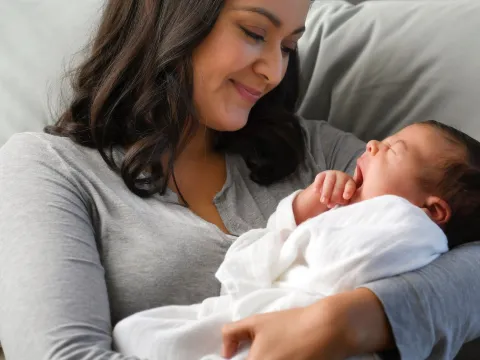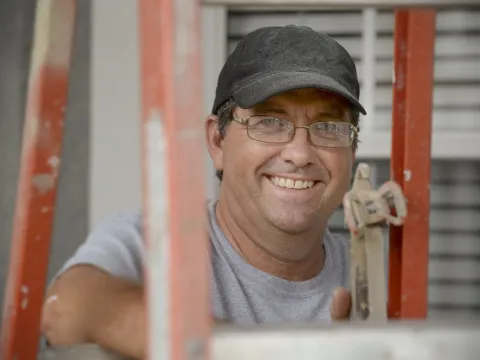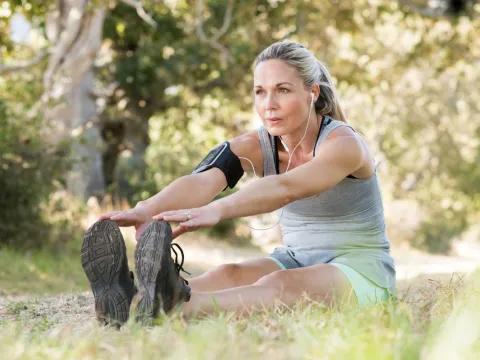- AdventHealth

Even when new parents have lived through hurricanes before, they probably haven’t had their little one’s safety to consider, too. With Hurricane Dorian bearing down on Florida’s East Coast, now is the time to take extra steps to ensure your baby will remain safe and well-fed.
(If you’re planning for a hurricane while pregnant, check out our post about preparing your hurricane birth plan.
The first part of being prepared is having the right items on hand. If you’ve had a baby since you last looked at your emergency kit, you’ll want to make some additions.
Getting Your Emergency Kit Baby-Ready
Having an emergency kit is a basic part of hurricane readiness, but having a baby adds new requirements. Based on lists from public health groups and state agencies, we suggest parents with infants have the following items ready:
● Thermometer
● Copies of vaccination records
● Antibacterial wipes and hand sanitizer
● Dish soap
● Portable crib
● Baby soap and shampoo
● Baby food in pouches or jars and disposable feeding spoons
● Two baby blankets
● Extra baby clothes and shoes for older infant
● Baby sling or carrier
● Phone numbers for baby’s doctor, nurse and pharmacist
● Diapers, wipes and diaper rash cream
● Medications and infant pain reliever, such as ibuprofen or acetaminophen
● Small disposable cups
● Ready-to-feed formula in single serving cans or bottles
The Florida Department of Health and the American Public Health Association have more hurricane preparedness tips for pregnant mothers and new moms and dads.
Feeding Your Baby After a Hurricane
Because hurricanes can knock out power and clean water, it’s important to think ahead about how you’ll feed your baby during and after the storm.
You can continue to make milk and breastfeed during disasters. Nursing moms should get extra food and fluids, but moms who haven’t eaten recently can still breastfeed.
Breastfeeding has the added benefit of protecting your baby from the infections that can contaminate water supplies after a storm. These illnesses can cause breathing problems and diarrhea and have been fatal after disasters.
Moreover, keeping your baby close and warm will help them stay safe.
If you breastfeed and rely on pumped milk, make sure you know how to express your milk by hand and feed your baby with a cup. (Even the smallest babies can drink from a cup.)
Also, keep in mind that breast pumps can’t be cleaned without clean water and milk can’t be stored without refrigeration.
If it’s necessary to use formula, consider ready-to-feed milk. Clean water may not be available to mix with powdered formula or to clean bottles and nipples. Small containers are ideal because there may not be power to refrigerate.
The Healthy Start Coalition has a number of suggestions for new parents after the hurricane passes to help them avoid dehydration and over-work. They include drinking plenty of water and taking frequent rests.
If you’re looking for tips to entertain your kids without electricity check out our blog post.
Being ready for how the storm might affect your family can help relieve at least some of your stress and give you back some of the control a hurricane can take away.
Remember, if you have an emergency during the storm, it might not be safe to leave your home to head to your nearest emergency room. Call 911 to speak to a responder for emergency assistance.



